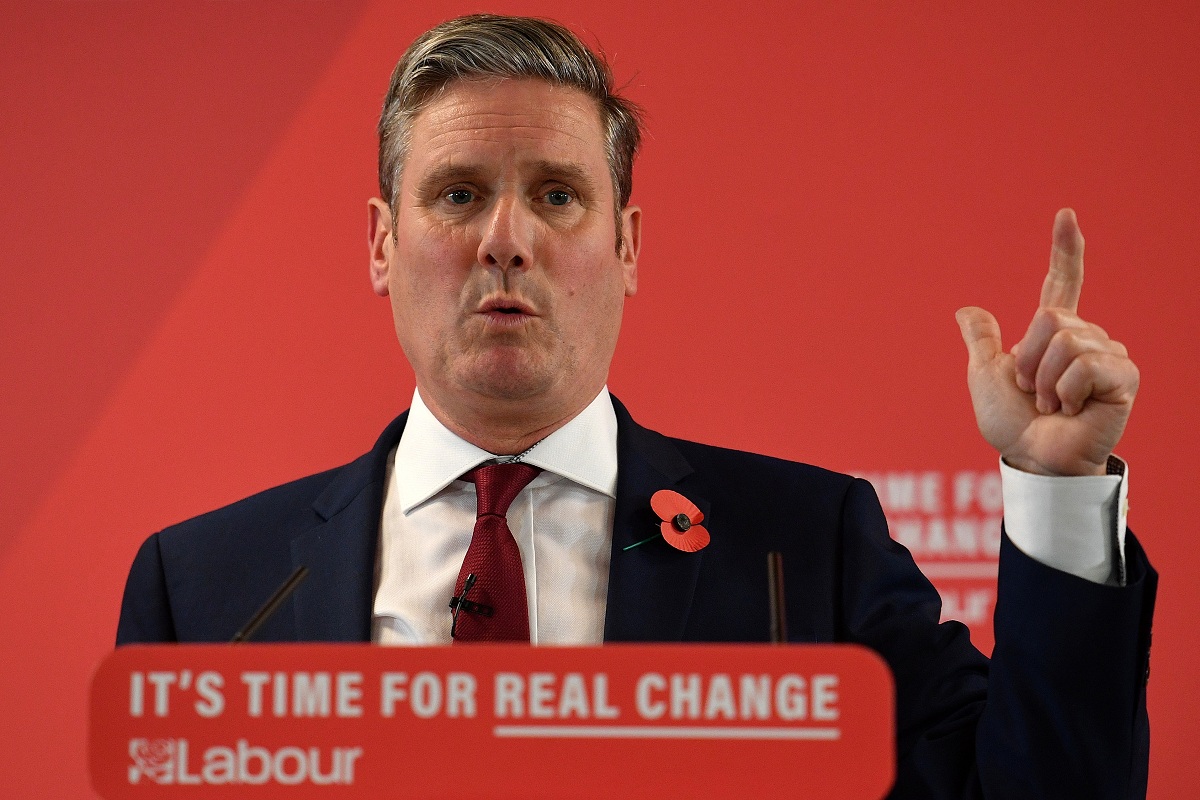It might be presumptuous to aver that Britain’s Labour party has entered a “new era” with Saturday’s election of Sir Keir Starmer as the party’s new leader. So profound a judgment must await the evolution of political history at a critical moment for the political class generally.
In the immediate perspective, the outcome of the pregnant election signifies the eclipse of Jeremy Corbyn, in itself the end of a chapter in the history of the Labour party. Sir Keir is the 19th leader in the party’s 120-year history. Apart from Mr Corbyn’s denouement, he has trounced the party’s left-wing candidate, Rebecca Long-Bailey, hitherto the shadow business secretary.
Advertisement
With a 56.2 per cent of the vote-share, Sir Keir has been remarkably gracious in the moment of a landslide triumph ~ “It is the honour and privilege of my life to be elected as the party’s new leader”. Another critical feature of the election is that the shadow education secretary, Angela Rayner, was declared as Labour’s new deputy leader.
Just as Britain is poised for a parting of the ways with Europe, so too does Labour bear witness to a dramatic change of leadership at the helm. Mr Corbyn has stepped aside after four and a half years in the wake of the party’s worst result in terms of parliamentary seats ever since 1935. On closer reflection, Labour has been on a downhill road for the past few years just as the Tories have been on a roller-coaster narrative regarding Brexit with as many as three elections in 2019.
While Labour enters a new phase, the flux appears to have stabilised for the Conservatives with Brexit attaining fruition. In an essay towards unity and consensus in the wake of the coronavirus pandemic, Sir Keir has vowed to work with Boris Johnson “in the national interest”.
Remarkably swift was his response to the Prime Minister’s letter urging leaders of Opposition parties to “work together” with the government. This has been a remarkable instance of coordination cutting across party lines. Sir Keir had called the Prime Minister after being elected Labour leader.
Notably, he offered to work constructively with Mr Johnson… and not provide “opposition for opposition’s sake”. However, with pandemic experts warning last weekend about the difficult route out of the lockdown, the new Labour leader said he would “call out” the government over failings in its strategy.
Both leaders have realised that the Labour party’s election lends no scope for electoral lampooning during a global health emergency. It has been announced that the Queen will praise the nation for its “self-discipline” and “resolve” during the coronavirus pandemic in a rare televised address. Sir Keir used his acceptance address to vow that the country could not go “back to business as usual” once the pandemic was under control. The caveat applies to India no less.









